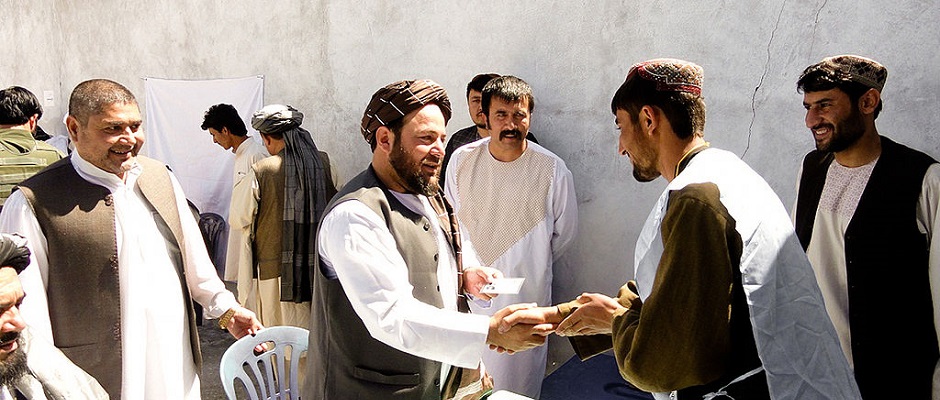
Since they were elected for the first time in 2005, Afghanistan’s Provincial Councils (PCs) have been suffering from ill-defined and, its members think, too little authority. Those elected to the councils ten years ago found out, once in their positions, that they had few facilities and no budget and that governors were often reluctant to work with them. The key issue is ‘oversight’ – which could be of any or all – or none – of the following: government budgets spent in the province, government services, the implementation of development projects and detention centres.
Instead of being resolved, the long power struggle between parliament and the Provincial Councils (PC) about how much and what kind of authority the councils would have has entered a new round in 2015 – with no end in sight. In 2014, under the previous president, a new law was designed to solve this issue. But it was caught in a three-way controversy between the new head of state, parliament and the councils during which the authorities demanded by the councils were taken away and returned and taken away again. The PCs reacted with street protests, asking for a presidential decree. They got one of a lesser status that resulted in some clarifications and even restored their desired “oversight” authority. But the decree still needs to be turned into law – and parliament has no reason to approve it this time.
In an article for the Afghanistan Analysts Network (AAN), Ehsan Qaane and Thomas Ruttig describe how the controversy evolved, provide an update on the state of the affair and take a closer look at why it is still unresolved and bogged down in confusion. The analysis reveals poor previous legislation, conflicting interests and shifting positions.



